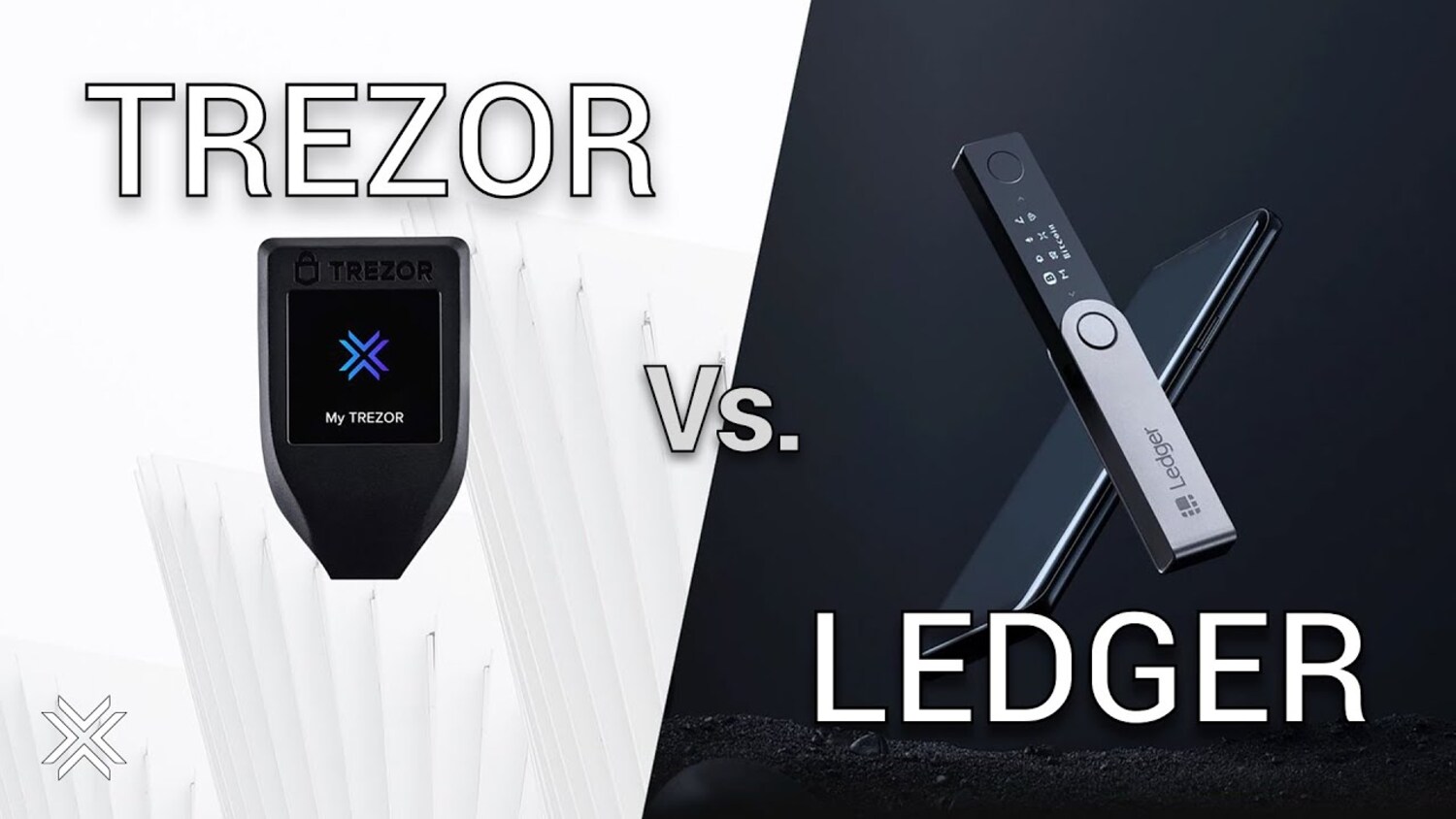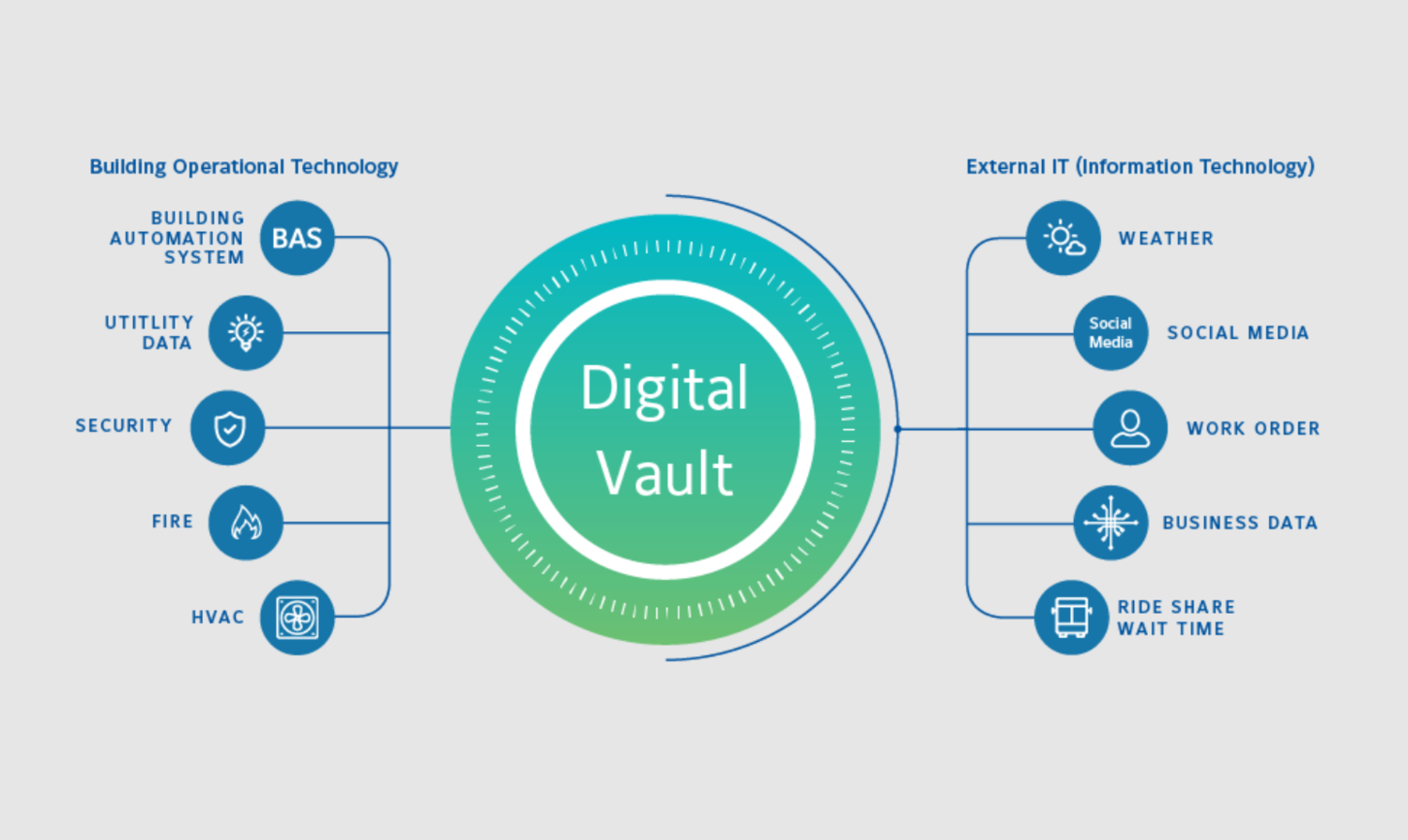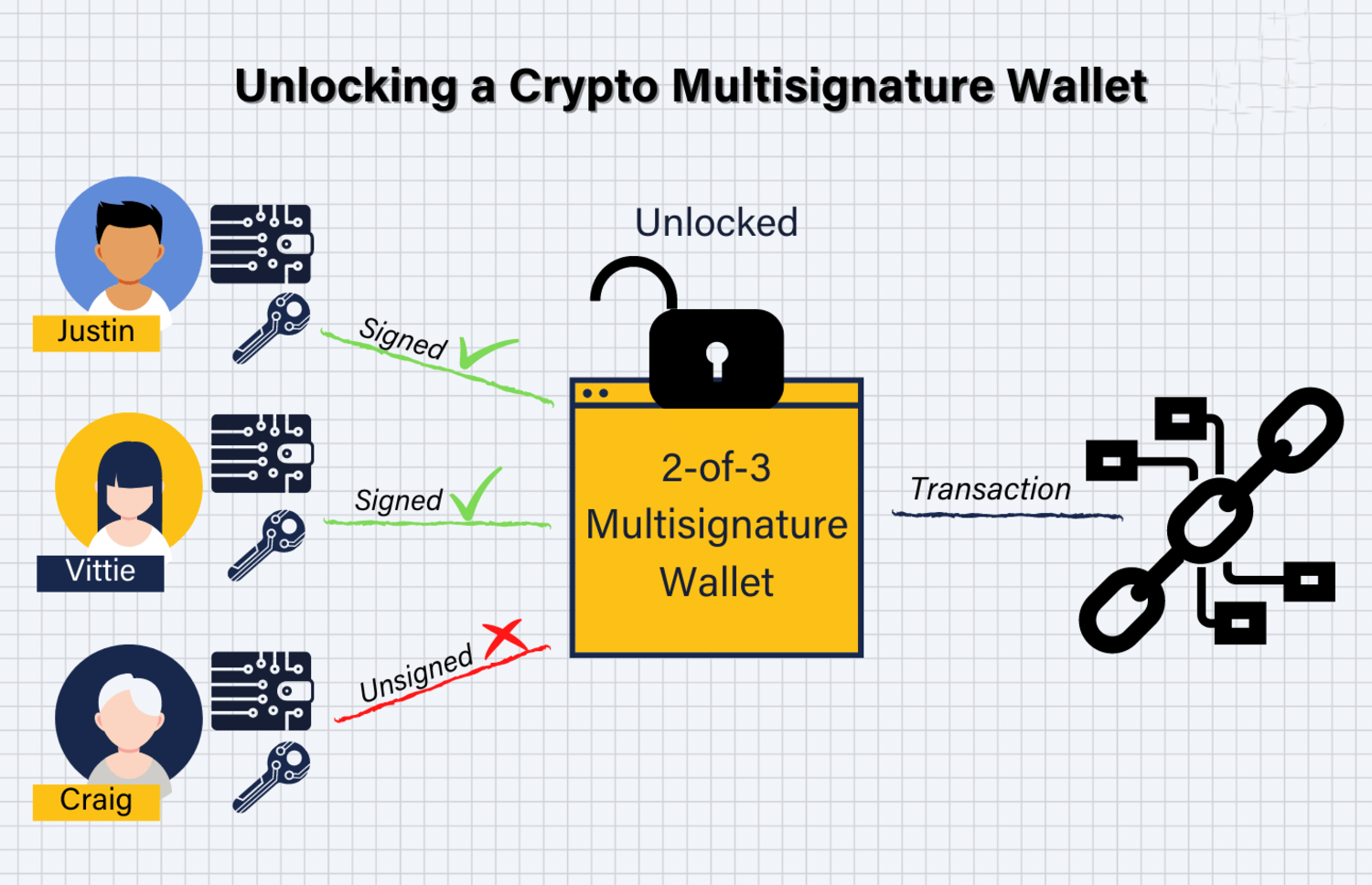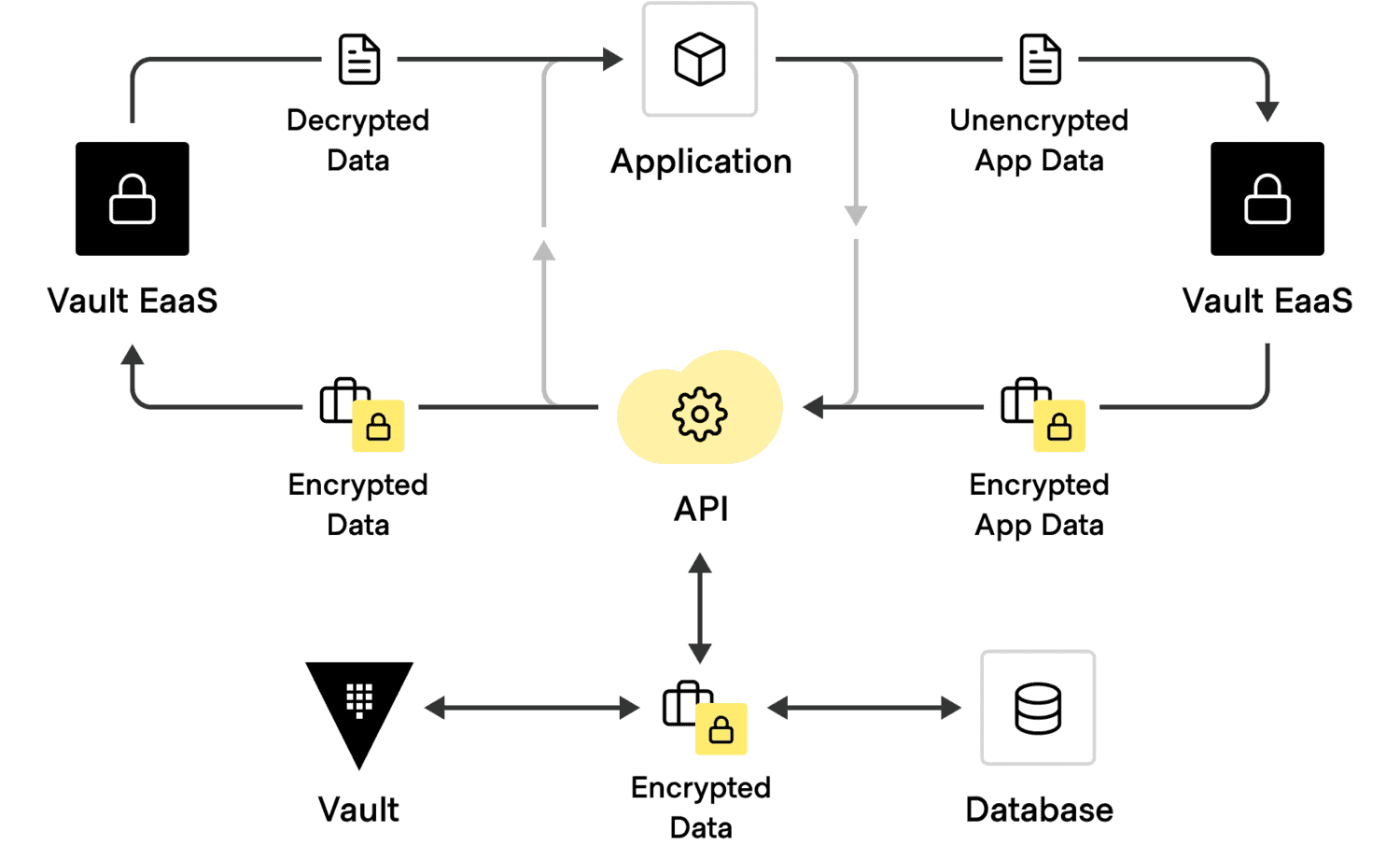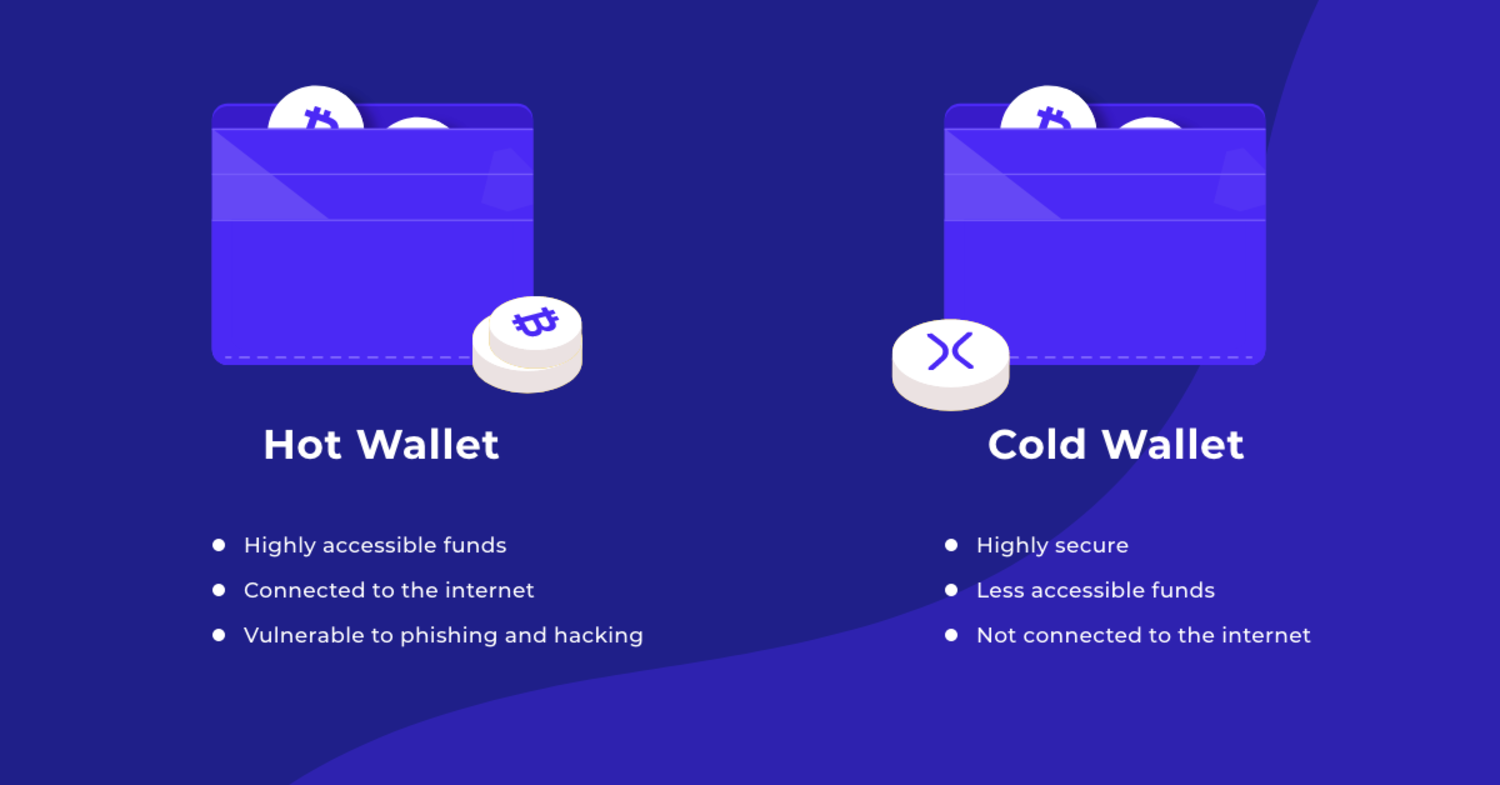What is a Crypto Vault? How does it work? And why is it essential to safeguard your digital assets? Discover everything about crypto vaults and their role in securing cryptocurrencies.
A crypto vault is a highly secure cryptocurrency storage, focusing on protection, while wallets facilitate transactions. Vaults use advanced security features like multi-signature authentication, cold storage, and insurance. To know more, keep on reading.
In the fast-paced world of cryptocurrency, security is paramount. An advanced method of protecting digital money, a crypto vault is not an accurate site. In this extensive tutorial, we will go further into crypto vaults, examining their significance, usefulness, and efficient usage. Understanding crypto vaults is essential for guaranteeing the security of your digital assets, whether you are an experienced crypto investor or are just beginning your adventure.
What is a Crypto Vault?
A secure storage option called a “crypto vault” is made primarily to protect Bitcoin holdings. Its main goal is to safeguard bitcoins from illegal access, theft, and loss by offering them high protection. Crypto vaults were created to keep the digital cryptographic keys needed to access and transfer cryptocurrencies, unlike typical bank vaults, which house tangible assets.
Types of Crypto Vaults
Let us look at some of the kinds of Crypto Vaults:
Hardware Vaults
Hardware vaults, commonly called hardware wallets, are tangible objects created to store cryptographic keys offline safely. They add some security by shielding the keys from internet dangers like malware and hacking attempts.
A secure element chip that executes cryptographic operations and safely maintains the private keys is frequently present in hardware vaults. Users often have to enter a PIN or password on the device to access the stored assets. The Trezor and Ledger hardware vaults are two examples.
Paper Wallets
Paper wallets are a crypto vault that involves printing or writing cryptographic keys on a physical piece of paper. They are created using software tools that make a random pair of public and private keys. One can then store the paper wallet securely in a safe or vault.
Paper wallets are entirely offline, making them immune to internet threats. However, they are susceptible to deterioration, disappearance, or theft. Paper wallets must be stored in a safe location with protection.
Check this out: How Paytm Earns Money? Paytm Business Model?
Digital Vaults
Online services called digital vaults offer safe storage for cryptographic keys. They make it simple to manage and access Bitcoin holdings from any location with an internet connection.
To safeguard the keys that are kept, digital vaults use various security techniques, including multi-factor authentication and encryption. However, because of their internet connectivity, there is a chance of hacking or illegal access. When choosing this sort of crypto vault, users must have faith in the security procedures and reputation of the provider of the digital vault.
Multi-Signature Vaults
Multi-signature (multisig) vaults add a layer of security by requiring multiple cryptographic signatures to authorize transactions. These vaults involve distributing the private keys among various parties, such as individuals or entities.
To execute a transaction, a predetermined number of signatures are required. This mechanism enhances security by reducing the threat of a single point of failure or unauthorized access. Businesses or organizations often use multi-signature vaults that require enhanced security and accountability.
Uses of Crypto Vaults
Apart from storing cryptocurrencies, Crypto vaults are also used for various purposes. They are commonly used for:
- Asset Protection: With the ever-increasing value and popularity of digital assets, using crypto for online betting, the risk of theft and loss has grown exponentially. Crypto vaults can be helpful in this situation.
- Inheritance Planning: Users can designate heirs and beneficiaries, enabling the transfer of cryptocurrencies in the event of their passing.
- Multisignature Wallets: Crypto vaults with multi-signature capabilities require multiple transaction approvals, enhancing security for businesses and groups.
- Cold Storage: Cold storage crypto vaults are disconnected from the internet, providing an extra layer of protection against online threats.
The Importance of Using a Crypto Vault
The cryptocurrency space has witnessed a surge in security breaches and hacks, making the utilization of crypto vaults essential. The decentralized and digital nature of cryptocurrencies presents an attractive target for cybercriminals. Malware, phishing attacks, and hacking attempts have resulted in significant financial losses and compromised wallets.
Crypto vaults address these concerns by implementing robust security measures for prevention, such as encryption, multi-factor authentication, and offline storage of cryptographic keys. By securely storing the keys, crypto vaults mitigate the threat of security breaches and unauthorized access, providing users with enhanced protection for their digital assets.
Protection Against Loss and Theft
Crypto vaults offer comprehensive protection against digital threats, such as hacks, and physical hazards, such as loss of hardware. Hardware vaults, such as hardware wallets, store the cryptographic keys offline, minimizing the risk of online attacks.
The keys can only be accessed with the user’s PIN or password, so the assets are safe even if the device is lost or stolen. Paper wallets offer physical security from theft and damage when kept in a safe vault or another secure location. By employing crypto vaults, individuals can safeguard their cryptocurrencies from potential losses due to digital and physical risks.
Regulatory Compliance
Regulatory compliance has become more crucial for people and organizations in the quickly developing cryptocurrency market. Vaults for digital assets can help with ever-changing regulatory regulations. Specific security measures may be required by law, such as multi-signature authentication or the cold storage of private keys.
Users who utilize Bitcoin vaults with these features can follow legal requirements and show that they are determined to uphold the security and integrity of their cryptocurrency assets. By using compliant crypto vaults, people and organizations may traverse the regulatory environment with more assurance and guarantee compliance with the requirements.
How Crypto Vaults Work?
Crypto vaults employ encryption to secure assets, utilizing cold storage for offline protection and implementing multi-signature authentication for enhanced security in cryptocurrency storage and transactions.
Encryption and Private Keys:
Crypto vaults employ encryption to secure assets stored within them. Encryption algorithms convert sensitive information, such as private keys, into an unreadable format. The private keys are critical in accessing and transferring cryptocurrency assets.
Crypto vaults ensure that even if the stored data is hacked, it remains safe and unreadable to unauthorized people by encrypting the private keys. Users may validate their ownership of the assets and approve transactions inside the vault using the private keys, which operate as the authentication mechanism.
Cold Storage vs. Hot Storage:
One of the critical concepts in crypto vaults is the differentiation between cold and hot storage. Cold storage refers to keeping the private keys offline, disconnected from the internet. This isolation from online networks significantly reduces the risk of remote hacking attempts and unauthorized access.
In contrast, hot storage involves keeping the private keys connected to the internet, enabling convenient and immediate transaction access. However, hot storage is more vulnerable to online attacks. Crypto vaults often utilize cold storage methods, such as hardware wallets or paper wallets, to provide a higher level of security for stored assets.
See also: 9 Easy Ways on How To Increase Sales On Amazon
Multi-Signature Authentication:
Crypto vaults can incorporate multi-signature authentication as an additional layer of security. This mechanism requires multiple cryptographic signatures to authorize transactions. A specified number of signatures are required to complete a transaction, and the private keys are distributed among the allowed participants.
Multi-signature authentication increases security against unwanted access and lowers the chance of a single point of failure. Businesses, organizations, and high-value cryptocurrency holders commonly use it to prioritize enhanced security and accountability.
Using a Crypto Vault
A crypto vault offers a secure and reliable safeguard for your cryptocurrency assets. By employing advanced encryption, offline storage, and multi-signature authentication, crypto vaults provide enhanced protection for your digital wealth.
Setting Up a Crypto Vault:
To set up a crypto vault, follow these steps:
- Select the appropriate vault type: Depending on your preferences and security requirements, choose a hardware, software, or paper wallet.
- Establish security protocols: Set a strong password or PIN for your vault. Enable additional security features like two-factor authentication or biometric verification if available. Keep your recovery phrase or seed phrase secure and offline.
Transferring and Managing Assets
To transfer assets into the vault and manage them securely:
- Generate a new wallet address within your vault.
- Initiate a cryptocurrency transfer from your exchange or existing wallet to the newly generated address.
- Keep track of your wallet addresses and transaction history within the vault’s interface.
Regular Maintenance
Regular maintenance and security updates are vital for your crypto vault’s security:
- Keep your vault’s software and firmware up-to-date to profit from the latest security patches and enhancements.
- Regularly review and update your security protocols, such as changing passwords or PINs periodically.
- Monitor the official channels of your vault provider for any security advisories or recommendations.
FAQs
Are Crypto Vaults Hacker-Proof?
While crypto vaults provide robust security measures, nothing is entirely hacker-proof. Following best practices like using strong passwords, keeping software updated, and employing additional security measures is crucial. Ongoing vigilance is necessary to mitigate risks.
Can I Access My Assets Easily from a Crypto Vault?
Accessibility varies depending on the type of vault. Hardware wallets offer higher security but require connecting the device to a computer or a mobile phone. Digital vaults provide more convenience but may need to be more secure. Choose a vault that balances security and accessibility according to your needs.
What Happens if I Lose Access to My Crypto Vault?
Keeping backup copies of your private keys or recovery phrases is crucial to regain access to your assets in case of vault loss or damage. Store them securely in multiple offline locations. These backups allow you to restore your wallet and regain control over your assets.
Are There Any Costs Associated with Using Crypto Vaults?
Using crypto vaults may involve purchasing hardware wallets or paying transaction fees when transferring assets. However, these costs are often outweighed by the increased security and peace of mind they provide in protecting your cryptocurrency holdings.
Conclusion
Safeguarding your digital assets is crucial in the constantly changing world of cryptocurrencies. Cryptographic safes protect against potential dangers, guaranteeing the security of your money.
Understanding how crypto vaults operate and why they are crucial is the first step in protecting your digital riches in this exciting but dangerous cryptocurrency environment, whether you choose a hardware vault, a paper wallet, or a digital solution. You’ll have peace of mind while you navigate the cryptocurrency environment if you take the time to safeguard your investments.
Read also: How to Perform AWS Chia Mining: A Comprehensive Guide


